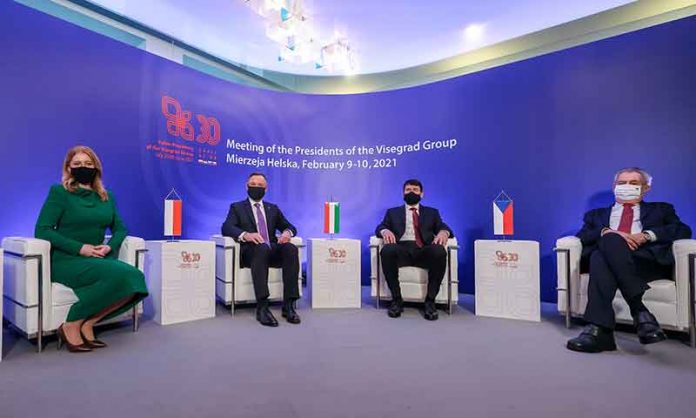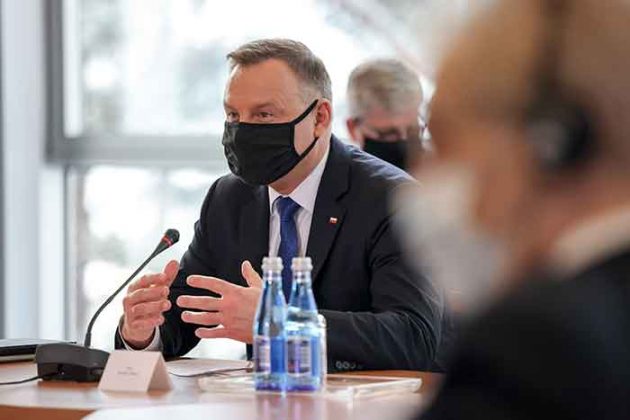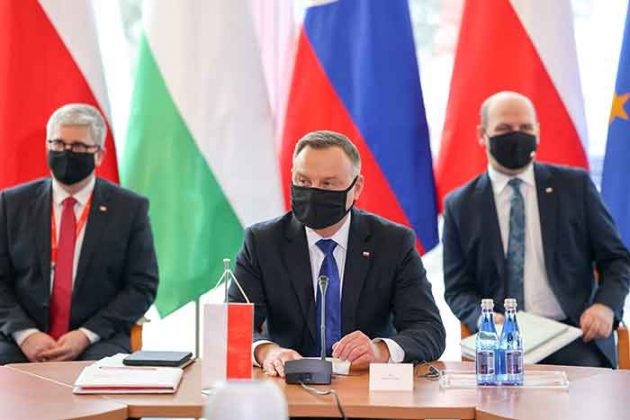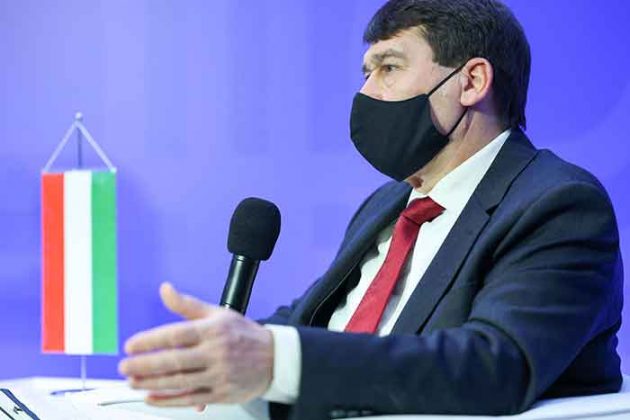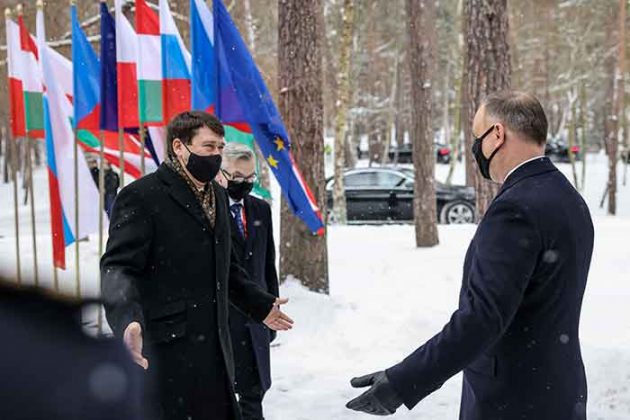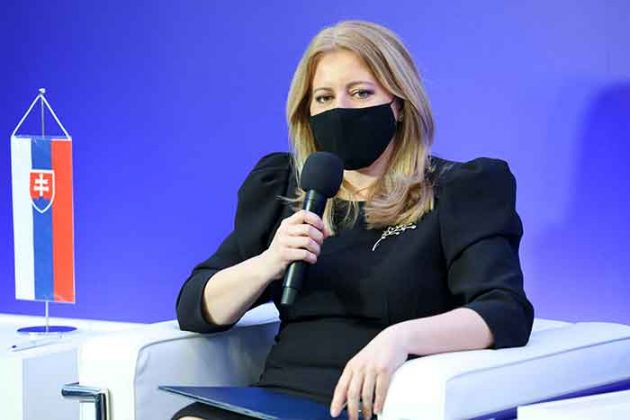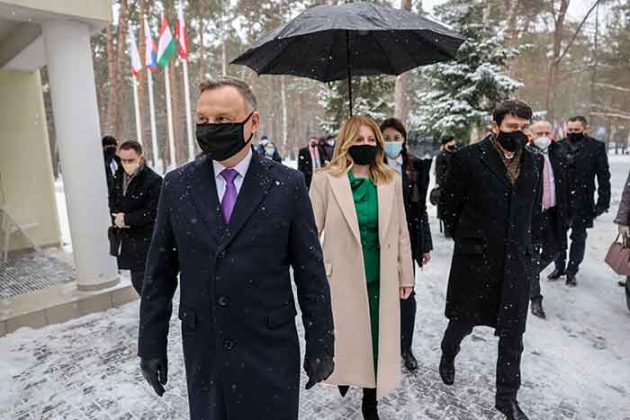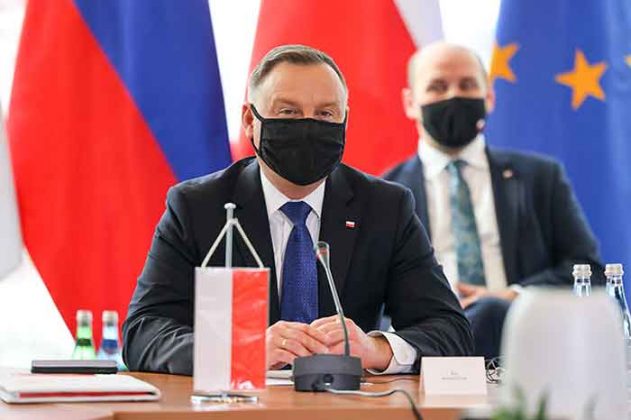The Visegrad Group celebrates its 30th birthday this year. On 15 February, 1991, the Presidents of Czechoslovakia and Poland and the Prime Minister of Hungary signed the Visegrad Declaration, which marked the beginning of the V4 cooperation.
The Visegrad Group was established as an alliance of originally three, later four countries for the purpose of furthering their European integration as well as advancing their military, economic and energy cooperation with one another.
The Visegrad Group (or the ‘Visegrad Four’ or simply ‘V4’ reflects the efforts of the four Central European countries— the Czech Republic, Hungary, Poland, and Slovakia — to work together in a number of fields of common interest within the all-European integration.
The respective leaders, Václav Havel, József Antall and Lech Wałęsa, made it clear in the founding document, the Visegrad Declaration, that cooperation in Central Europe was designed as a handy tool for integrating these states with European and Transatlantic institutions. Today, every one of them is a member of both the European Union and NATO.
The first high-level summit was held in the town of Visegrád on 15 February, 1991. The place was selected to symbolically connect the summit to the meetings of three kings in Visegrád in 1335 and 1336 which had been the results of lengthy and complex diplomatic efforts at that time and can be regarded as one of the earliest examples of regional cooperation in Central Europe. Six hundred years later the presidents of the Central European states formed the Visegrád Group.

The activities of the group are coordinated by V4 countries’ foreign ministries but extend to all levels of the government and state administration. With the establishment of the International Visegrad Fund in 2000 — the only solid organization of the alliance to date — support has also been given to nongovernmental organizations and civil initiatives for the ‘bottom-up’ building of the regional alliance.
Today, the V4 countries exchange information and develop priority programs in order better to cooperate in an increasing number of areas. An important basic principle is that, within the EU, the V4 carry more weight as an alliance than they would as individual countries. Each year a different member of the group takes over the V4 presidency.
Nowadays Visegrad cooperation focuses on internal affairs in the region and takes place at the EU as well as other international organisations. It has resulted in establishing, among others, the Visegrad Battlegroup, the Visegrad Patent Institute and the Visegrad Prize awarded by V4 ministers of culture. Moreover, the Visegrad Group is a platform for exchanging experiences between V4 societies.
That is why, the International Visegrad Fund (IVF) was established to facilitate links between them. For more than 20 years now the IVF supports the realisation of common projects, grants, artistic and literary programs. The current cooperation format within the V4 is regulated by rotating, year-long presidencies. Until 30 June, 2021 Poland is holding the V4’s presidency, with Hungary taking over from 1 July 2021.
Visegrad Fund: The purpose of the fund is to facilitate and promote the development of closer cooperation among citizens and institutions in the region as well as between the V4 region and other countries, especially in the Western Balkan and Eastern Partnership regions.
The fund operates several grant programs, and also awards individual scholarships, fellowships and artist residencies. Grant support is given to original projects of multilateral character that display sufficient regional added value within the main focus areas. The fund’s annual budget (€8 million as of 2014) consists of equal contributions of V4 governments.
Polish Presidency: Poland took over the annual rotating presidency in the Visegrad Group on 1 July 2020 under the ‘Back on track’ motto. In this context, the cooperation within the V4 focuses not only on acting together against the COVID-19 pandemic, but also on boosting and facilitating regional collaboration, as well as fostering people-to-people contacts between the Group’s societies after the pandemic-related restrictions are lifted.
Since the European Union remains the key platform of the V4 engagement, under the Polish presidency the Group centres its works on the current European agenda. Important topics include deepening cooperation in the digital sector, collaboration in the area of security and infrastructure, as well as international agenda, such as supporting pro-European aspirations of the Western Balkans and the development of the Eastern Partnership.
It is Poland’s sixth presidency of the V4. The Group has separate formats of consultations with Germany, France, Benelux countries, Nordic and Baltic states (NB8), as well as with the Eastern Partnership and Western Balkans’ countries.

